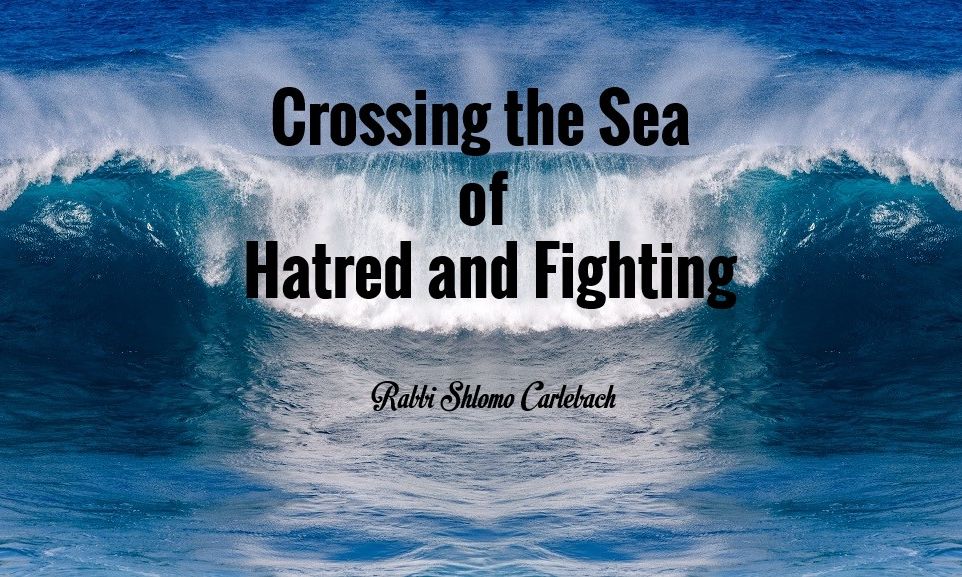
Crossing the Sea of Hatred and Fighting
What do we need to make us stop hating one another, to stop fighting with each other?

Compiled and edited by Ziv Ritchie
Rav Nachman of Breslev says that each time you do something wrong, you hate one person. Each time you do an aveirah [sin], you hate somebody. And whom do you hate? Somebody you know. It’s clear to me that people who hate people who aren’t religious, have a problem. What’s their problem? They did an aveirah (sin), and, therefore, they hate somebody. They hang their aveirah on someone who doesn’t keep Shabbat.
Hatred comes from an aveirah. Take Rabbi Levi Yitzchak of Berdichev. Why didn’t he hate anybody? Because he never did an aveirah. Why did the Ba’al Shem Tov not hate anybody? For the same reason.
Now I want to say the deepest depths. If you see a Jew who hates another Jew, the problem is not the Jew who doesn’t keep Shabbat. The problem is the Jew who thinks he keeps Shabbat. He must be doing aveirot left and right when nobody is looking. Rav Nachman says that if you learn Torah and you don’t understand it, then, obviously, you don’t love Jews, because if you love Jews, then the Torah loves you. The Torah does not allow you to understand it if you don’t like Jews.
I want to say something very deep. If Yosef would have sinned with Potiphar’s wife, he would have hated his brothers. There would have been no way for him to forgive his brothers for selling him. But he was so strong that he didn’t sin, and so his heart was completely void of hatred. As much as he had a right to hate them – he didn’t.
Can you imagine the ‘splitting of the Red Sea’ that Yosef was going through when he saw his brothers? The 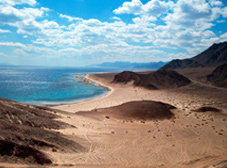 storm that must have been going on inside of his soul! “Gevalt, you are my brothers – gevalt, what you did to me!” Then, when the moment came, when he was approached by his brother Yehuda, when he stood next to Yehuda and he suddenly realized: Didn’t my mother change for her sister Leah? So why can’t I change for my brother Yehuda? I will do what my mother did. “And Yosef could not restrain himself [Bereshit 45:1].”
storm that must have been going on inside of his soul! “Gevalt, you are my brothers – gevalt, what you did to me!” Then, when the moment came, when he was approached by his brother Yehuda, when he stood next to Yehuda and he suddenly realized: Didn’t my mother change for her sister Leah? So why can’t I change for my brother Yehuda? I will do what my mother did. “And Yosef could not restrain himself [Bereshit 45:1].”
Yehuda was ready to give up Olam Haba [the World to Come] for his brother. But splitting the Red Sea is even higher than that – to actually turn yourself over inside – this is something else. So between both of them, both Yosef and Yehuda, together they both built the house of, the family of, G-d.
What happens to most of us when we have a gevalt moment? We go back to the way we were before we had it! Jews go to shul on Yom Kippur, have a wonderful experience, and then go back to the way they were before Yom Kippur.
“The Sea returned to its original strength [Shemot 14:27]:” You know how the Sea went back? Not to where it was before it split. It went back to the ‘splitting all the time.’ The Sea is still connected, every second, to its splitting.
All of us have moments when we give everything up [we sacrifice everything]. But then we forget them. They are not incorporated – not connected – to our daily life. This condition that G-d makes with us, of the splitting of the Red Sea, has to be in every second of our lives. Every minute, every second. [When G-d created the Red Sea, He made a condition with it that it would split for the children of Israel.]
Everybody knows that the Temple was destroyed because we hated one another. When we crossed the Red Sea, the Jews saw a vision of the Temple, of Mashiach. What do we need to make us stop hating one another? If only every Jew would say, “I’m ready, for the sake of another Jew, to be something else.”
Disagreement
Why are people fighting each other? Fighting comes about when two people do not receive each other on the level of Haninah Ben Dosa. You and I can have completely different ideas, but why do we fight each other? So, Reb Nachman says the deepest Torah in the world: When people have a disagreement in Eretz Yisrael, it is the sweetest thing. It has a heavenly sweetness. If I say something, and someone has a different thought, what difference does it make? The Torah is so big. But in exile, in chutz la’Aretz, when people disagree, they are really fighting. The Gemara tells us that the Temple was destroyed because of sinat chinam [unprovoked hatred]. You know what that means? Reb Nachman says that the moment that you fight, you are already in chutz la’Aretz, you are not in Eretz Yisrael. The Temple can’t exist outside of Eretz Yisrael.
* * *
Excerpt from “Rebbe Nachman Says”, The Teachings of Rabbi Nachman of Breslev as Taught by Rabbi Shlomo Carlebach z”tl
Rabbi Shlomo Carlebach’s books are available online at the Breslev Israel store.



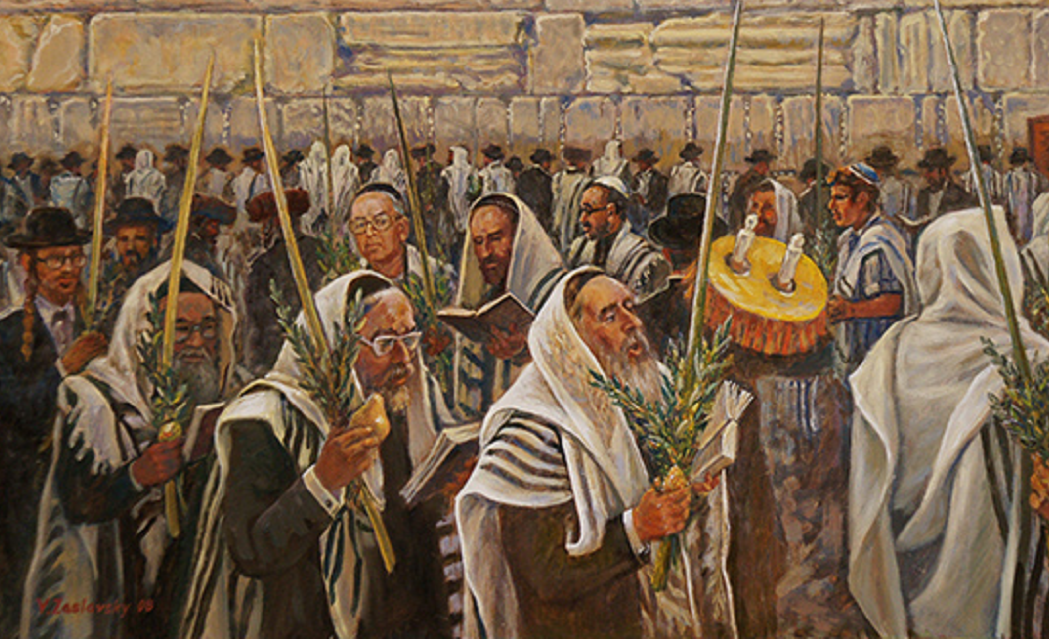
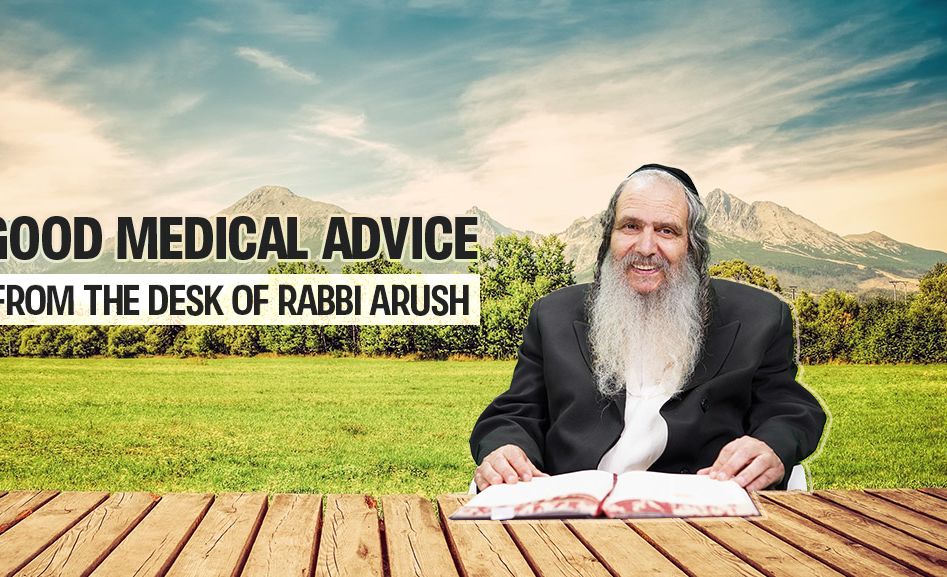
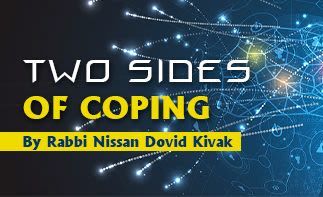
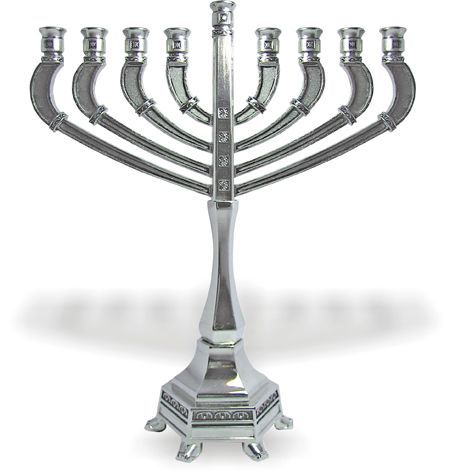
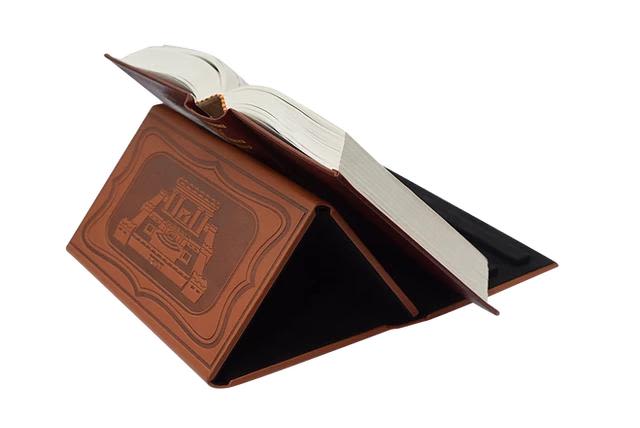

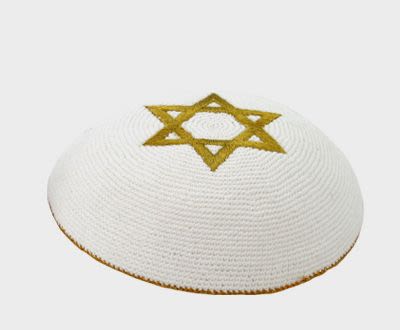
Tell us what you think!
Thank you for your comment!
It will be published after approval by the Editor.